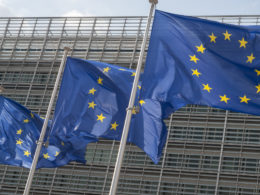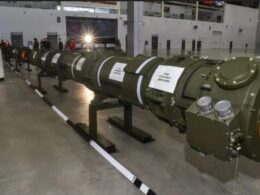Chinese banks have begun severing relationships with Russian financial institutions recently placed under new US sanctions, according to industry executives cited by the Moscow Times.
Alexei Poroshin, CEO of First Group JSC, reports that the majority of Chinese banks have already terminated their relationships with sanctioned Russian banks.
The move follows the US Treasury Department's 21 November decision to add Gazprombank and over 50 other Russian financial institutions to its sanctions list, including Dom.
RF, BBR Bank, Primsotsbank, Sinara, Trust, BKS Bank, and others. Most significantly, the decision blocked payments to Russia's major Gazprombank, which was the main way for Russia to receive and send international payments after previous rounds of sanctions.
Following the move, major Chinese institutions, including the Bank of China, blocked payments from sanctioned organizations. Bank of Kunlun, frequently used by Russian importers for goods payments, notified clients about discontinuing payment acceptance.
However, alternative payment methods are emerging in response. Chinese payment agents in Russia have become increasingly active, offering complex and sometimes questionable payment schemes. Market participants told The Moscow Times that some agents operate through cargo schemes, making payments in China through undocumented channels and importing goods into Russia through grey schemes or smuggling.
While such arrangements are difficult to monitor, recent sanctions have left few legal alternatives for maintaining trade flows between the two countries. The decision could be particularly significant for Russia, as reflected in the ruble's decline, given that China has become Russia's leading trade partner.
Related:
- "Trump has tools to really hurt Putin," says US Republican professor
- Russia accused of exporting repression tactics as Georgia police use extreme violence against protesters
- Russians retreat from Hama and Homs amid Syrian opposition offensive, Ukrainian intel says
- Peak cynicism: Russia co-hosts UN counter-terror energy meeting while bombing Ukraine's grid





